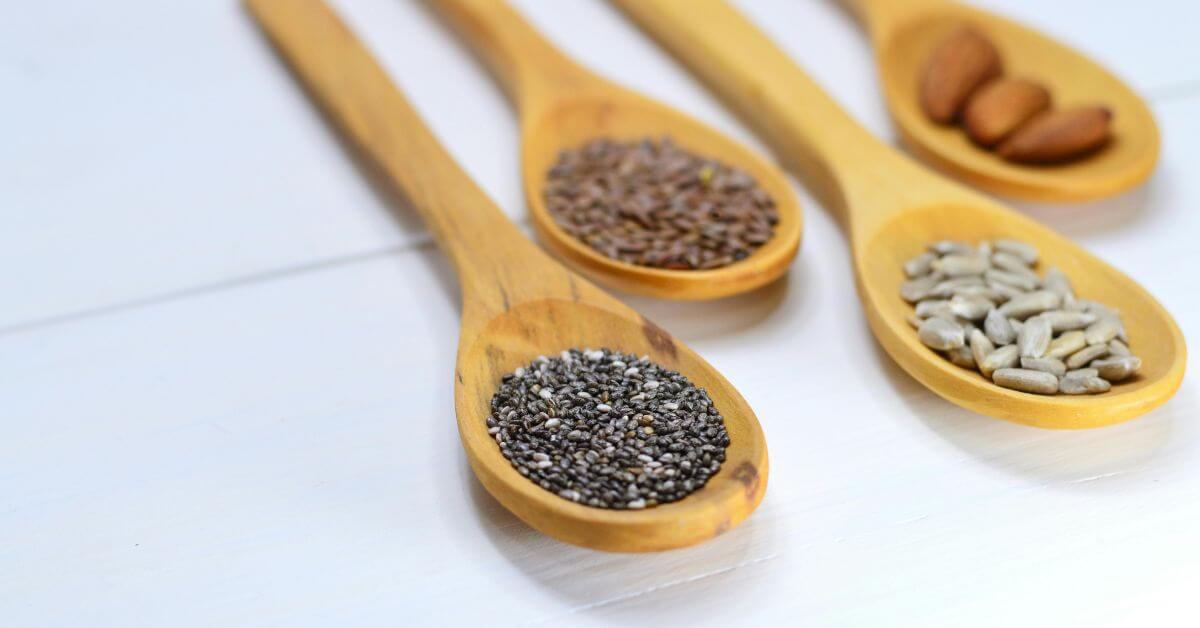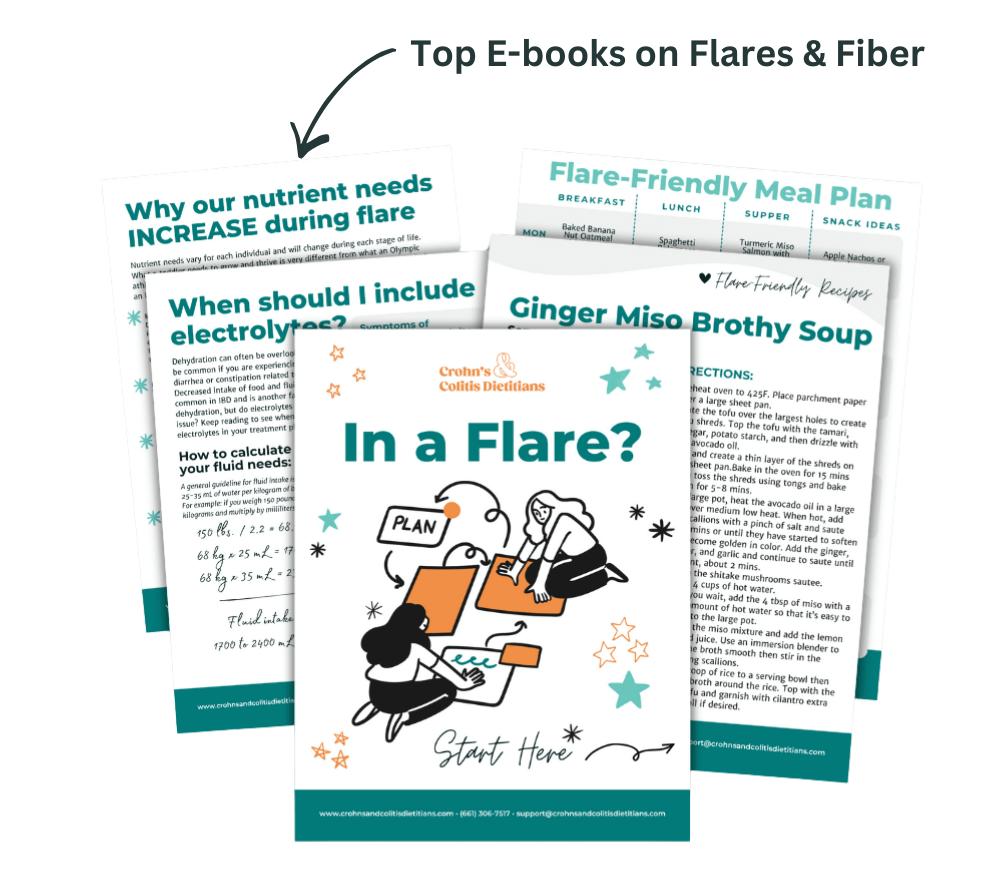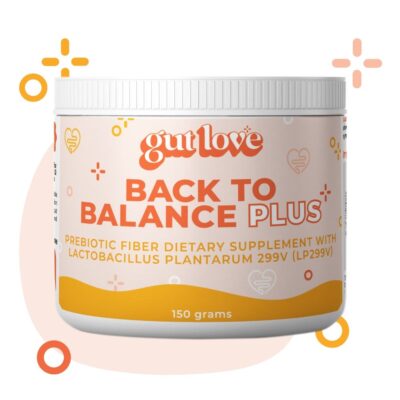Have you heard of plant sterols yet? These are compounds found in a variety of foods but especially nuts, seeds and oils.
In the US with the many fear-fueled conversations around lectins and seed oils, we rarely hear about the positives of nuts and seeds anymore in the online space. However, what I think is very much missing from the conversation is a discussion about some of the profound benefits of these foods.
While plant sterols are rarely talked about in the US, many brands in Europe add them to a variety of foods to provide natural ways of managing cholesterol.
What are plant sterols?
Plant sterols and stanols (PS) are bioactive compounds that closely resemble cholesterol in both structure and function. The subtle differences in their chemical makeup account for the various health effects they have on humans. Over 40 different types of sterols have been discovered within cellular and tissue membrane structures, existing as free sterols, sterol esters, steryl glycosides, and acylated steryl glycosides. Numerous types of PS can be found predominantly in the roots, stems, leaves, fruits, and seeds of plants, collectively referred to as “phytosterols”.
These plant-derived compounds serve a range of functions in plant biology, including maintaining cell membrane stability, regulating growth and development. And providing defense against environmental stresses. The diverse types and forms of plant sterols and stanols offer a variety of potential health benefits for humans, including their well-known ability to reduce LDL cholesterol levels and decrease cardiovascular disease risk.
How do plant sterols work?
The cell structure of phytosterols looks and acts like cholesterol. Because of the similar structure and function, plant sterols can compete for absorption within the digestive system.
The result of this is that the body digests plant sterols instead of cholesterol and removes cholesterol as waste. This process can help with lowering cholesterol and improving overall health.
Incredible impact of plants on cardiovascular health
It’s been well established that dietary patterns which include lots of plants such as the mediterranean diet can be helpful for both gut health and heart health. Research has also shown that individuals following plant-based diets experience a remarkable 29% reduction in the risk of developing cardiovascular disease (CVD) and coronary artery disease (CAD).
Specific foods and their bioactive components, such as oat fiber, grains, and plant sterols or stanols, have demonstrated a significant ability to lower low-density lipoprotein cholesterol (LDL-C), with reductions reaching as high as 10-14%.
A recent meta-analysis explored the effects of various foods on LDL cholesterol levels, revealing that foods rich in n-6 polyunsaturated fatty acids (PUFA) and/or monounsaturated fatty acids (MUFA), soluble fibers, and those with added plant sterols or stanols had a substantial cholesterol-lowering effect.
Combining nutritional interventions, including decreasing saturated fats, increasing unsaturated fats, plant proteins, viscous fibers, and plant sterols, have the potential to lower LDL-C by an astounding 30%.
With such compelling evidence, it’s no surprise that fiber and sterol/stanols have received approved health claims from the Food and Drug Administration (FDA) in the United States. This health claim helps consumers identify foods and supplements with added plant sterols for heart health.
How many plant sterols do we need to see an impact?
In the US, most people get as little as 200 milligrams of plant sterols in their diet. The recommended dose range to see a beneficial impact is 2 grams which is ten times the amount most people consume!
Top sources of plant sterols are sesame seeds, pumpkin seeds, flaxseed and pistachios. But getting the amount of plant sterols from foods that would significantly lower your risk of cardiovascular disease can be difficult. The plant sterol levels in typical foods are rather low. Consuming foods fortified with plant sterols and/or dietary supplements is a good way to achieve the 2 g dose.
The bottom line
Plant sterols are associated with a variety of health benefits. But most notably, for their beneficial effects on blood cholesterol. Plant sterols are well documented with over 140 clinical trials demonstrating efficacy for their use with cardiovascular health and maintaining cholesterol balance.
If you’d like to explore adding some into your diet – start small. Add them to what you are currently doing. And if you notice symptoms with any of these foods, opt for ground flax instead of whole, nut butter instead of nuts. And tahini paste instead of whole sesame seeds.
If you want to expand your diet & learn how to eat the RAINBOW™ without triggering symptoms with our proven method – read more on our blog HERE.
The Research:
- A 2022 network meta-analysis found that plant sterols supplementation can cause a modest reduction of low-density lipoprotein cholesterol (LDL-C) and total cholesterol.
- A 2013 systematic review and meta-analysis of eight studies found that supplementation of plant sterols was associated with a clinically significant reductions in LDL-C levels.







I can’t believe I didn’t know this before!